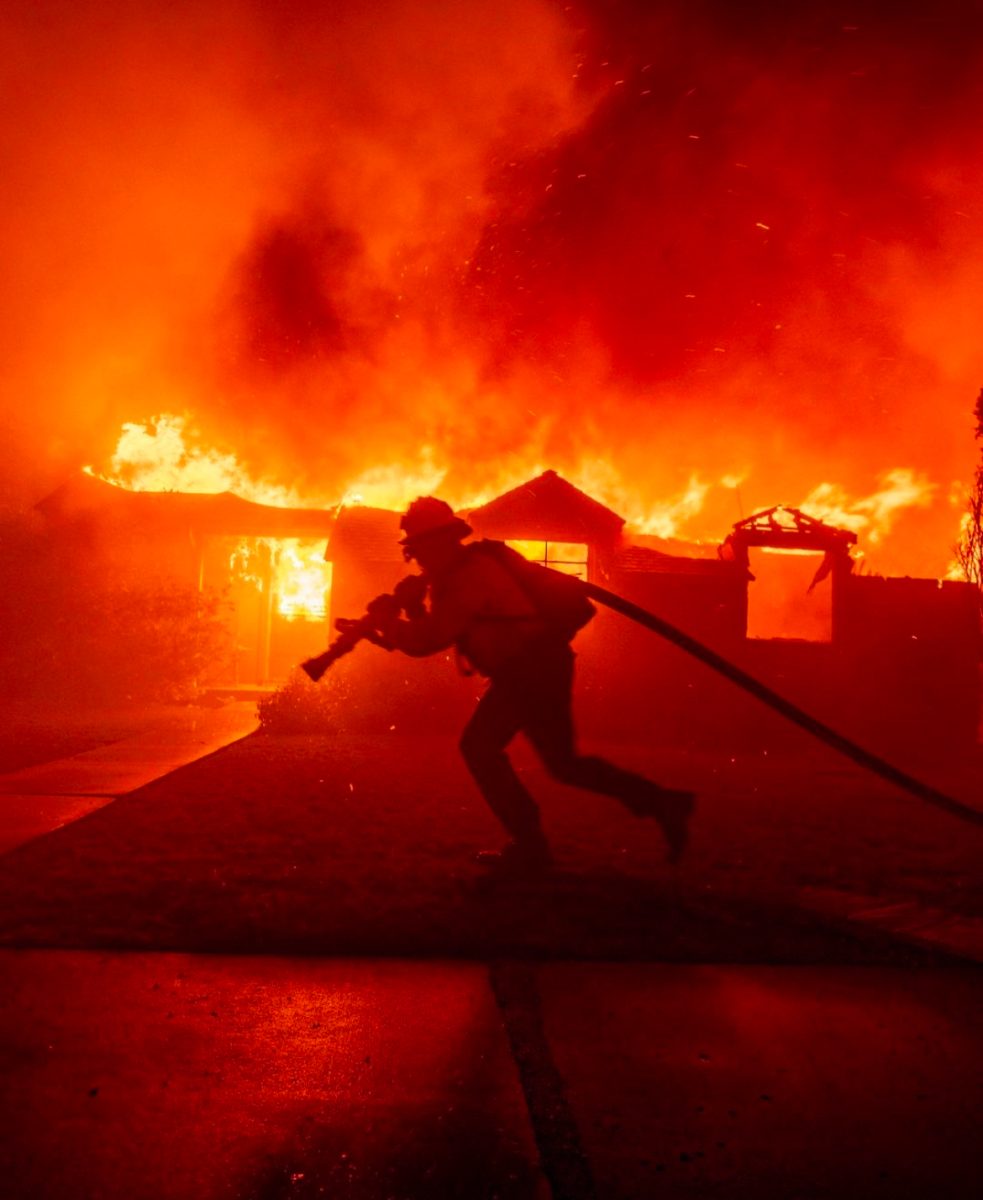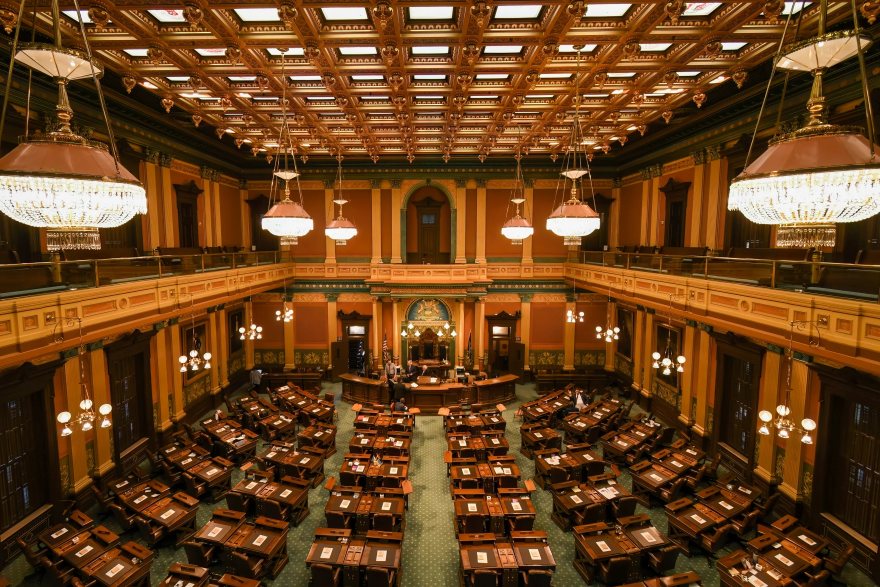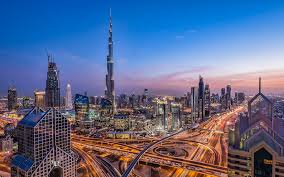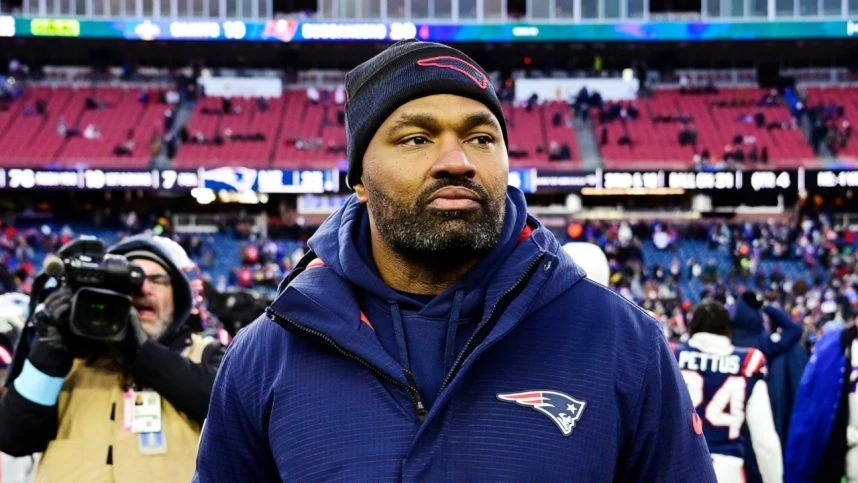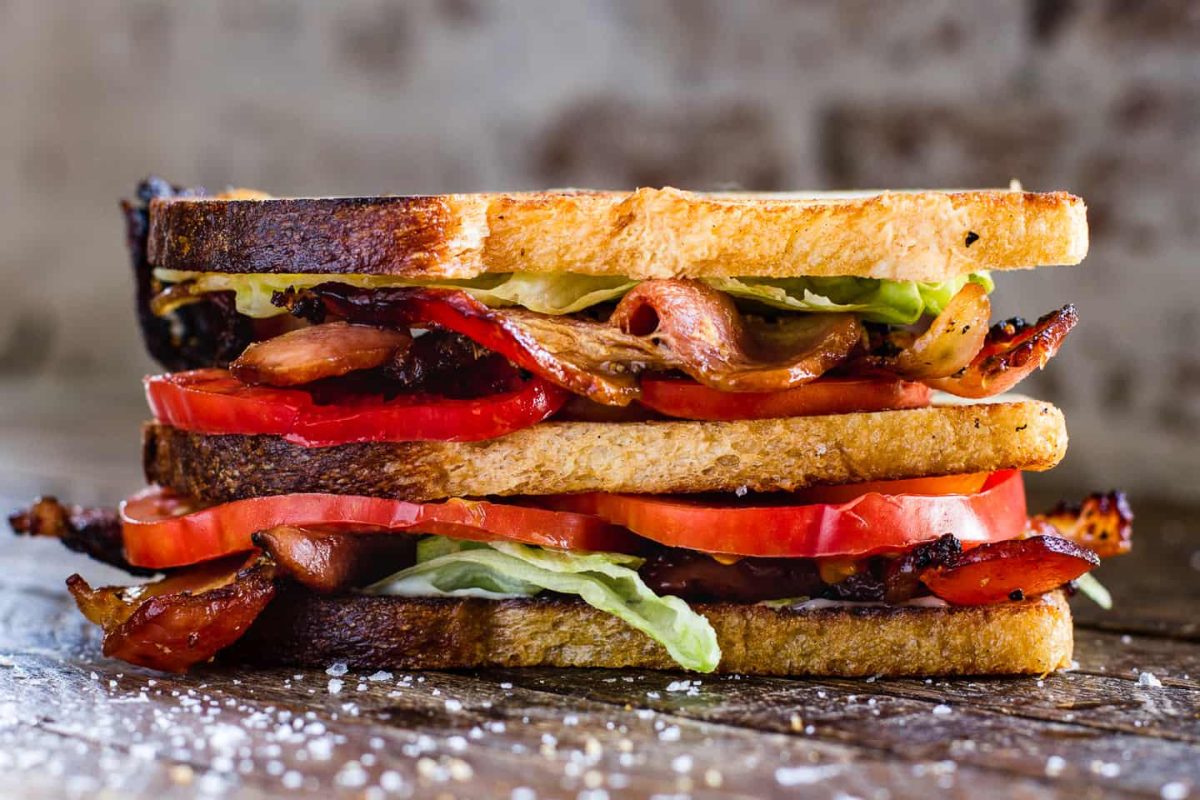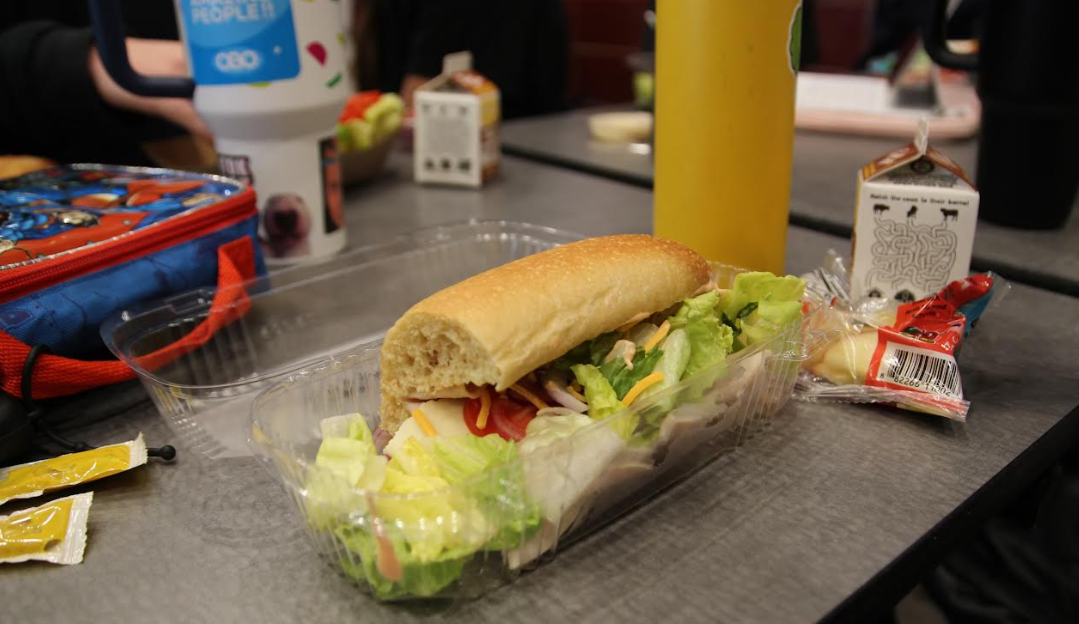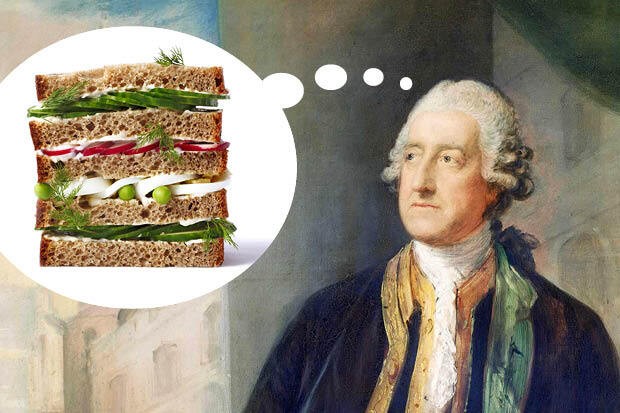While Michigan has been full of changing colors and cooler temperatures, Florida has been facing Milton head-on. Hurricane Milton is a category 3 storm that rampaged across Florida; causing flooding, tornados, and widespread destruction of property. Global warming has established a cause and effect relationship with storms similar to these, as the rising global temperatures are leading to more frequent and severe hurricanes.
Global warming has been fueled throughout the past few decades from the burning of fossil fuels such as coal, oil, and gas. These gases cover the earth, trapping heat from the sun in the atmosphere. 2023 was the warmest year since global warming records began in 1850. Many people might rejoice to experience warmer temperatures in August, September, and October, but it is damaging the environment. The ocean acts as an absorbent sponge, soaking in the heat and carbon dioxide from the atmosphere. However, the more heat and CO2 soaked up, the more the ocean acidity levels and temperature increases. This effect is causing rising sea levels from the ice melting in the Arctic. The melting of ice banks threatens coastal and island communities, as well as animals living in those habitats. Similarly, the increasing acidity levels harm marine and coastal ecosystems in areas where specific pH is required to sustain life.
With the rising temperatures and sea levels, more moisture is evaporating inadvertently causing flooding and stronger storms (aka hurricanes). Just as milk and cookies are a perfect treat for Santa, warm ocean temperatures and moisture in the air are key proponents for a hurricane to form. More often than not, a hurricane is created from a tropical wave out on the ocean and is fueled through global warming into a storm like Milton. Hurricane Milton has destroyed homes all across Florida, impacting communities and creating huge economic loss for all involved. The storm had at least 20 percent more rain and 10 percent stronger winds than a similarly rare storm would have done in a world that humans hadn’t warmed by burning fossil fuels (Zhong).
According to Project Drawdown, the most impactful climate solutions in line with limiting global temperature rise to 2 degrees Celsius are reducing food waste, slashing meat consumption and slowing population growth by removing barriers to family planning and education. To take part in helping to slow climate change: throw away less food and reduce, reuse, recycle. We only have one earth, so lets make sure to take care of our home.

